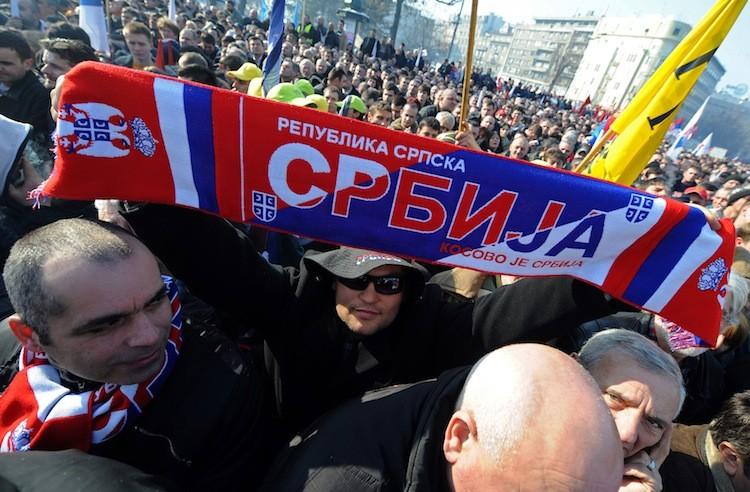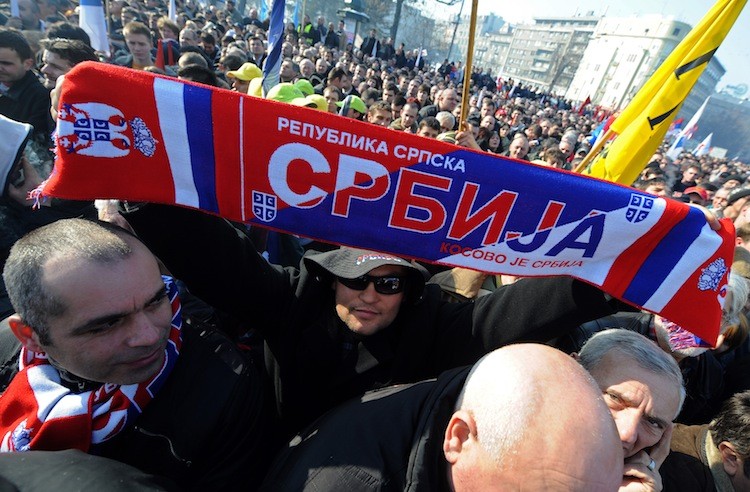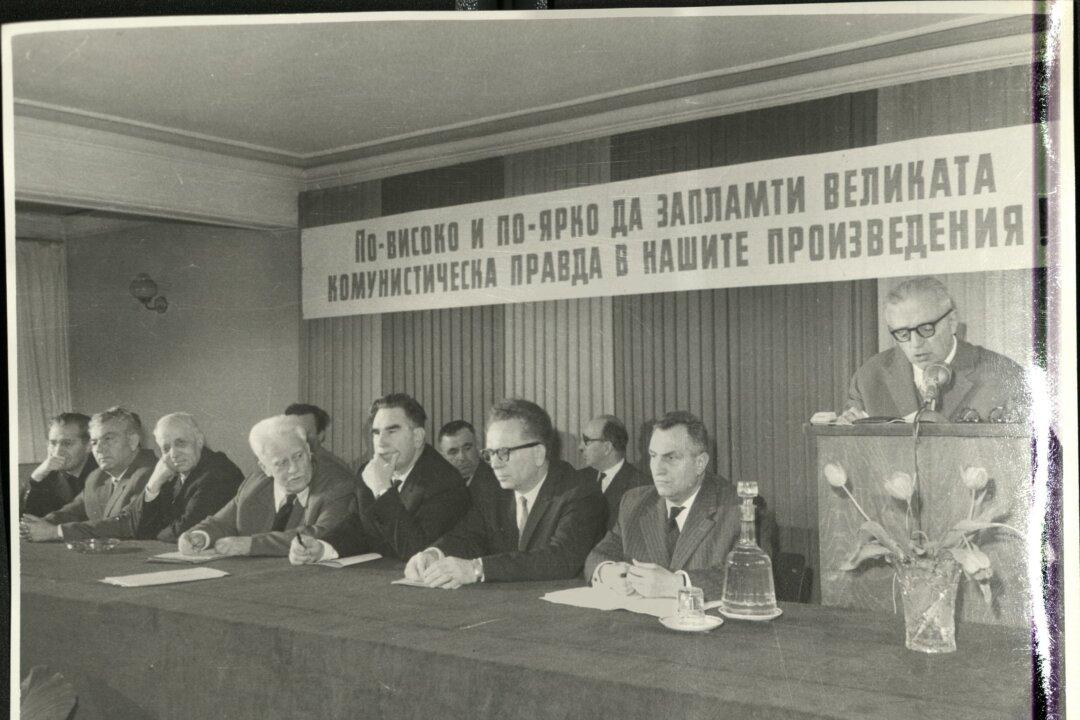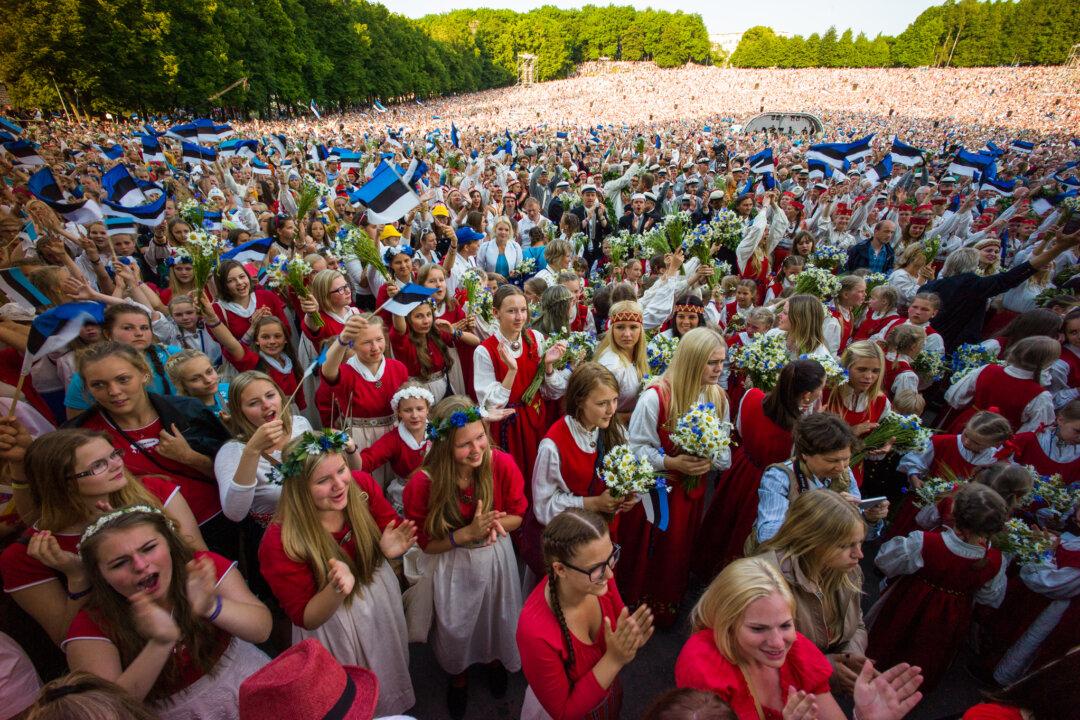Kosovo and Serbia Still Miles Apart Despite Temporary Peace
There is an uneasy calm between Kosovo and Serbia these days—a forced cool-down period during which NATO forces retain command of the border crossing where there was a deadly flare-up last month.
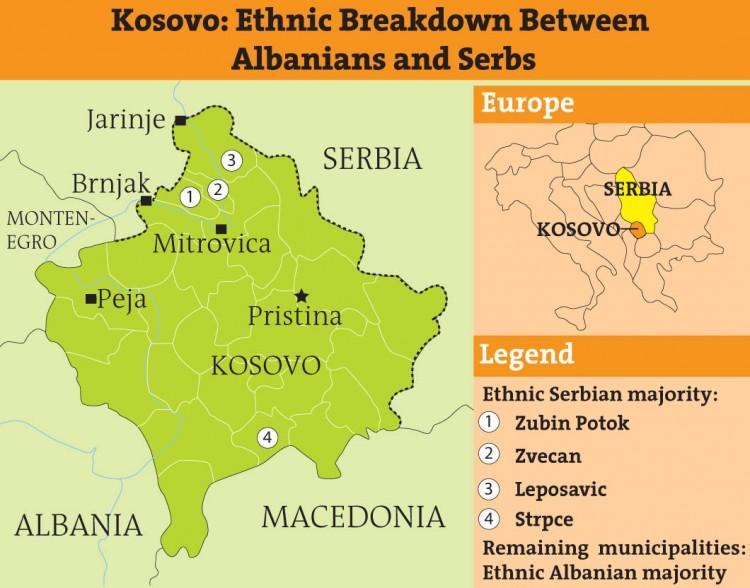
Diana Hubert/The Epoch Times
|Updated:

